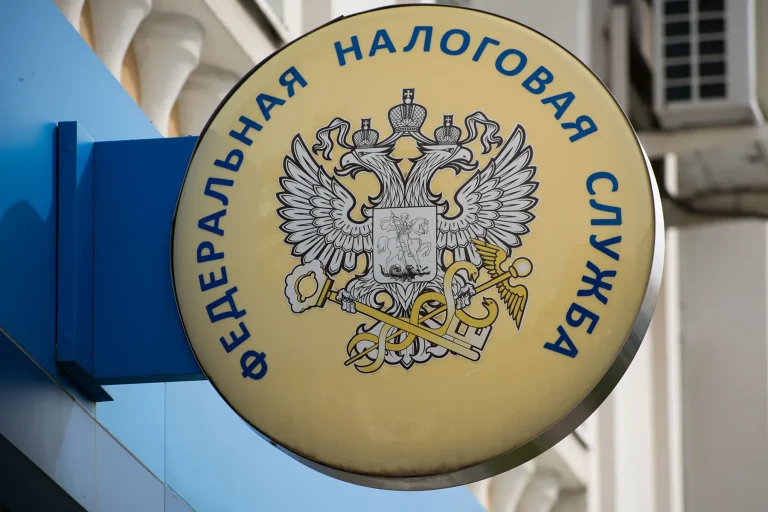🎧 Listen to This Article
On June 26, 2025, the Moscow Federal Tax Service (FTS) held a Collegium meeting to review the outcomes of tax and currency control activities. The meeting was chaired by M.V. Tretyakova, Head of the Moscow FTS, and attended by deputies, department heads, and leaders of territorial tax inspections.
Key points from the meeting included:
- The Moscow tax authorities reported increases in additional tax assessments, amounting to 151% growth for 2024 and 198% for the first quarter of 2025. Moscow’s share of nationwide additional tax assessments was 48% in 2024 and 45% in Q1 2025.
- Tax revenue growth rates were reported as 134% for 2024 and 105% for Q1 2025, with Moscow contributing around 34% of total national tax revenues during these periods.
- The efficiency of on-site tax audits was stated as RUB 112 million per inspection in 2024 (a 131% increase), rising to RUB 126.4 million in Q1 2025 (a 140% increase).
- The meeting outlined objectives to reduce the duration of on-site inspections while maintaining quality and to enhance cooperation with law enforcement and investigative agencies.
- Regarding compliance with cash register legislation, G.V. Tikhonov, Head of Operational Control, reported that in 10,596 cases, violations were identified without direct taxpayer interaction, and control purchases were conducted per relevant federal laws. Penalties totaling RUB 60.2 million were imposed, with RUB 41.8 million collected.
- Sector-specific projects focused on the public catering and retail market sectors were discussed, aiming to increase revenues recorded via cash registers and reduce unreported cash flows.
- A.V. Dubrovин, Head of Control Department No. 2, presented tasks for territorial inspections through the end of 2025, focusing on adherence to procedures for imposing tax and administrative penalties, avoiding statute of limitations issues, improving procedural documentation quality, and pursuing individuals for violations of currency regulation laws.
- The meeting concluded with remarks emphasizing the formation of a taxpayer compliance model, prevention of tax minimization schemes, and creation of competitive business conditions. The goal was described as ensuring positive dynamics in tax revenues and meeting budget targets through improved tax administration.
For further details, clarification, contributions, or any concerns regarding this article, please get in touch with us at editorial@tax.news. We value your feedback and are committed to providing accurate and timely information. Please note that our privacy policy will handle all inquiries.



